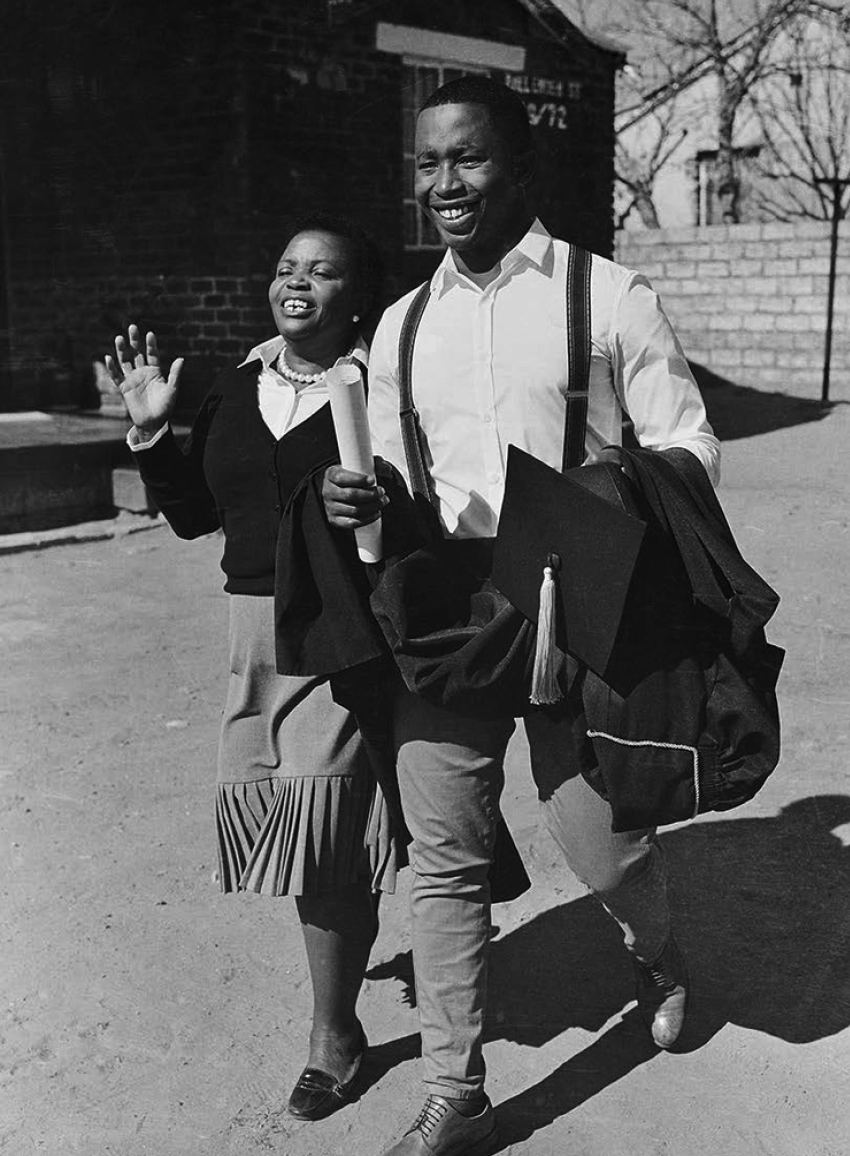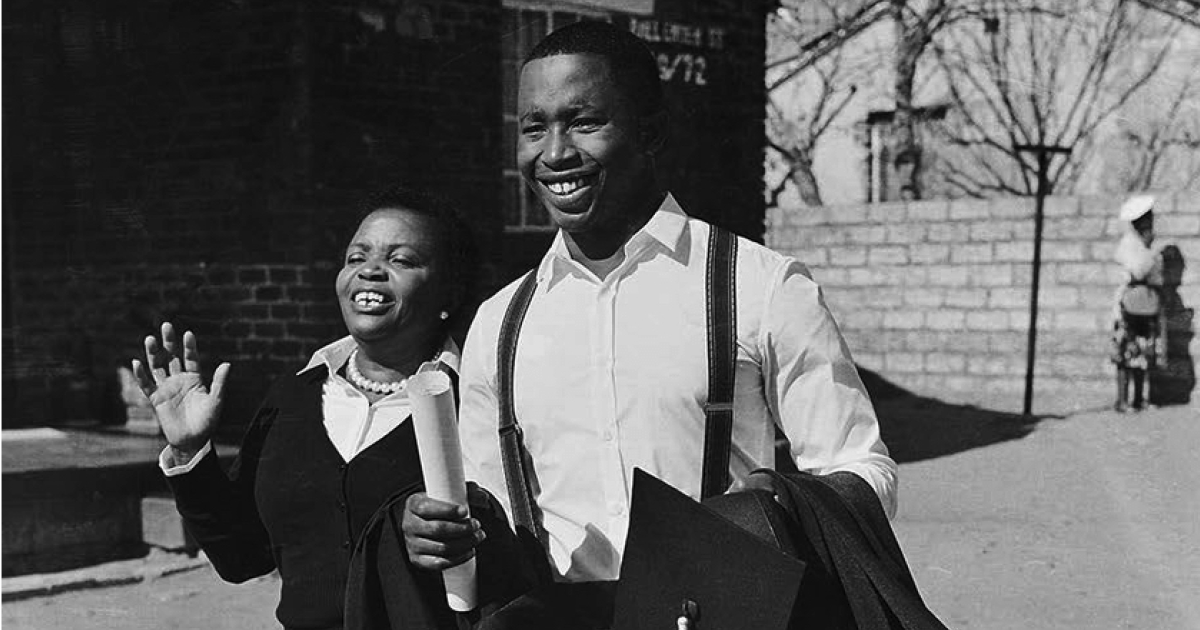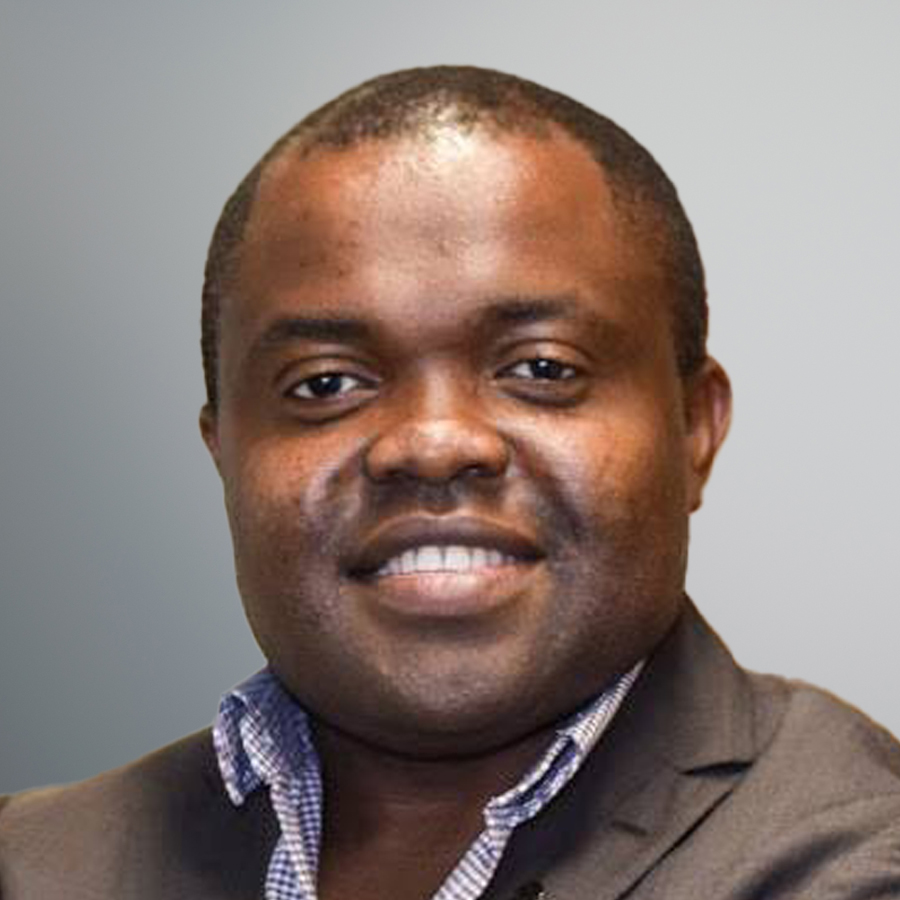As South Africa celebrates Youth Day, and the world commemorates International Day of the African Child on 16 June 2024, the Centre for Human Rights, Faculty of Law University of Pretoria, recalls the events that explain why this is the date on which children’s rights are highlighted. It also calls for recommitment to make the right to education meaningful reality to all children.
Today, in 1976
In the annals of history, there are moments that echo with the cries of injustice, reminding us of the sacrifices made in the pursuit of basic rights. The Soweto Uprising of 1976 stands as a stark testament to such a moment. When thousands of South African students took to the streets to demand their right to quality education in their native languages against the government for their exclusionary and oppressive Bantu education system unfortunately, they were met not with empathy, but with the cold, brutal hand of police brutality. The repercussions were dire, with over a hundred students paying the ultimate price, their lives snuffed out in the pursuit of a fundamental human right.
It is impossible to overlook the gravity of such injustice, an affront not just to individual rights, but to the very fabric of society. The South African Constitution stands as a beacon of hope, enshrining the right to education as a cornerstone of democracy and progress. Its extensive provision on the rights of children has to be understood, in large part, as a response to the tragedy of 16 June 1976.
In the aftermath of this dark chapter, the Organization of African Union (OAU) took a stand, establishing the Day of the African Child (DAC) in 1991. This day serves not only as a tribute to the brave souls who stood up for their rights in 1976, but as a clarion call for reflection and action. It is a day when the world pauses to acknowledge the struggles faced by African children and commits to tirelessly striving for their betterment.
On 16 June, the world comes together in solidarity, celebrating both the Day of the African Child and in South Africa, Youth Day. It is a convergence of remembrance and resolve, a testament to the enduring legacy of the '76 students who dared to dream of a better future. Dr. Elvis Fokala, the manager of the Children’s Rights Unit at the Centre, encapsulates the significance of this day succinctly when he “emphasises the importance of immortalising it. For in remembering the past, we arm ourselves against the repetition of such atrocities”. The Day of the African Child is not merely a date on the calendar; it is a rallying cry, a promise to future generations that their struggles will never be forgotten, and their rights will always be championed.
Education

This year’s theme, ‘Education for all children in Africa: the time is now’, is symbolic as it mirrors the June 16th strife for good quality education. This theme aligns with the African Union’s theme for 2024, "Educate an African fit for the 21st century: Building resilient education systems for increased access to inclusive, lifelong, quality, and relevant learning in Africa," adopted at the. He suggests that this highlights the imperative to promote African value systems like Ubuntu within the education sector.
In the heart of Africa, education stands tall as the cornerstone of progress and development, a beacon illuminating the path towards a brighter future. It's more than just the acquisition of knowledge; it's the key to unlocking the boundless potential within each child, empowering them to sculpt their destinies and weave the fabric of their communities. Yet, beneath the surface of this noble ideal lies a stark reality, millions of African children remain ensnared in the grip of educational deprivation, shackled by the chains of poverty, conflict, crumbling infrastructure and cultural biases that prioritise boys' education over girl. Conflict-affected children in African endure disproportionate suffering, facing violence, displacement, and trauma. Urgent action is needed to protect their rights, uphold humanitarian law, and provide life-saving assistance.
The COVID-19 pandemic exacerbated existing inequalities in education, widening the gap between urban and rural students. Bridging this digital divide requires inclusive provisions to ensure equitable access to technological resources. Additionally, the financial burden of education often prevents children, particularly girls, from attending school, highlighting the need for free education and support for vulnerable families.
For these children, the classroom doors remain firmly shut, their eager minds barred from the treasures of learning. Instead of wielding pens and books, they bear the heavy burdens of labour, exploitation, and early marriage, robbed of their childhoods and the promise of a better tomorrow. It's a harrowing tale of injustice etched into the fabric of society, where systemic barriers and cultural biases cast dark shadows over the path to enlightenment.
Amidst the shadows, a glimmer of hope flickers – a call to action echoing across the plains and valleys of Africa. It beckons governments, civil society, and the global community to unite, to dismantle the walls of ignorance and inequality brick by brick. Together, we must stand as guardians of the innocent, enforcers of justice, and architects of change. The Centre emphasises the vital importance of joining hands to prioritise the educational needs of African children, nurturing sustainable solutions for academic success. Through unified action and unwavering commitment, we can pave the way toward a future where every African child has the opportunity to thrive and contribute to their communities.
To break the chains of educational deprivation, we must wield the tools of legislation, fortify the ramparts of child protection, and extend a helping hand to those most in need. For every child denied an education is not just a loss for them alone but a blow to the collective progress of humanity. In the quest for a brighter future, let us pledge to leave no child behind, to illuminate every corner of Africa with the transformative power of education, and in doing so, pave the way for a more just, equitable, and prosperous tomorrow.
Despite challenges, African children exhibit resilience and determination. Their voices must be heard, their rights protected, and their dreams nurtured. As we commemorate the International Day of the African Child, let us renew our commitment to creating a continent where every child can thrive. The time is now to invest in education, honouring the sacrifices made for a brighter future and ensuring every African child enjoys their rights and dignity. By commemorating this day, we reaffirm our commitment to their well-being and contribute to the global effort to advance human rights for all.
The time is now!
Happy Youth Day, and happy International Day of the African Child!
This statement is based on a draft by two students on the Masters programme in Multidisciplinary Human Rights presented by the Centre (Antoney Mabela and Boipelo Boikhutso).
For more information, please contact:
Centre for Human Rights, University of Pretoria
Tel +27 (0) 12 420 3587
elvis.fokala@up.ac.za
ORCID



